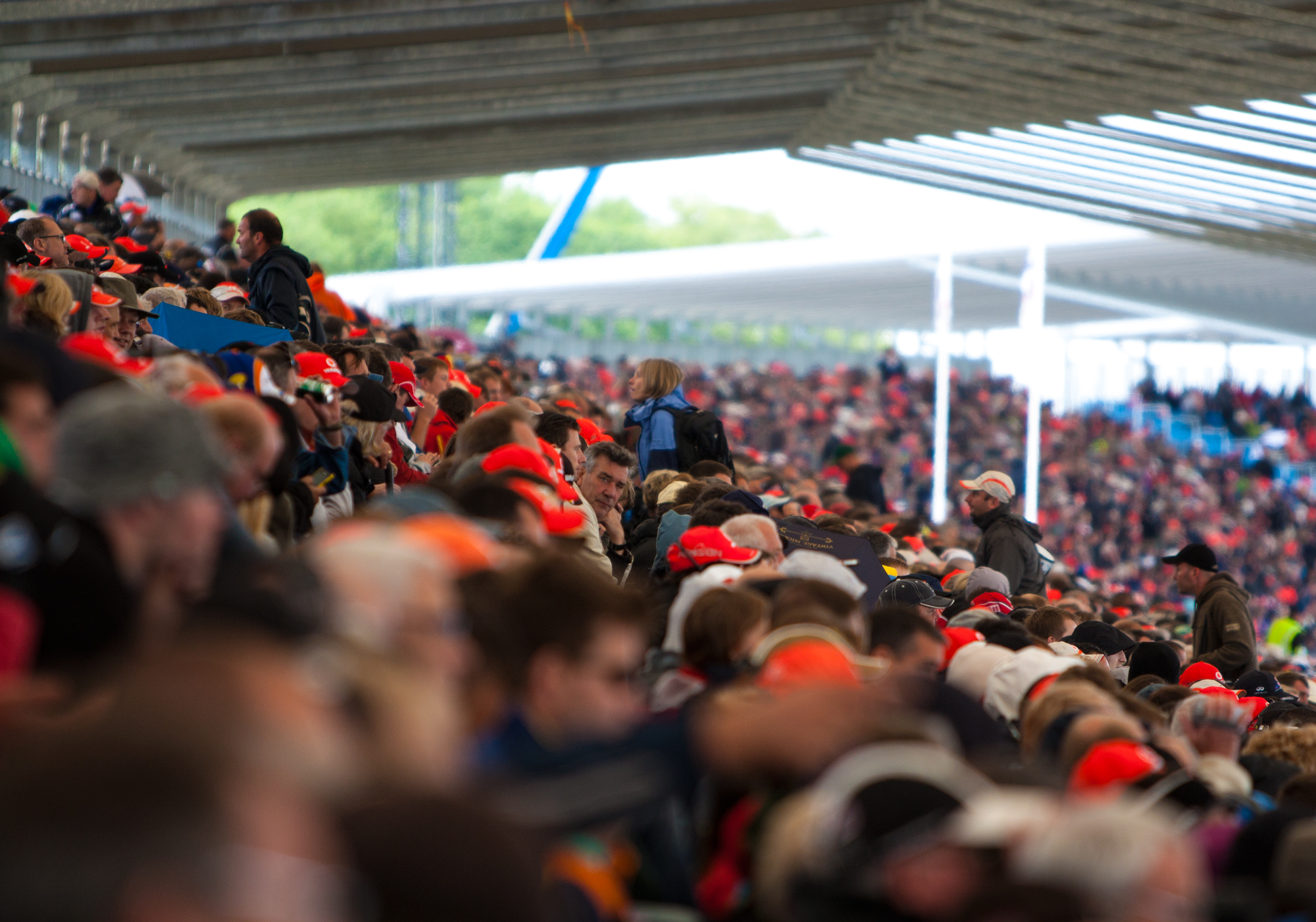 FOTA president and Ferrari boss Luca di Montezemolo has warned against introducing Kinetic Energy Recovery Systems (KERS) in Formula One arguing that the technology will not be suitable for road cars.
FOTA president and Ferrari boss Luca di Montezemolo has warned against introducing Kinetic Energy Recovery Systems (KERS) in Formula One arguing that the technology will not be suitable for road cars.
The Kinetic Energy Recovery Systems (KERS), which harness waste energy under braking and turn it into additional power for the driver via a boost button , will be introduced next year, and although the devices are not mandatory the leading teams are well advanced in their development programmes and are expected to use the technology.
Ferrari, however, are known to be behind schedule and over budget with their KERS programme.
That has triggered a warning from Luca di Montezemolo who says that Formula One is not yet ready for new devices, calling for more time to develop the technology.
“It’s not possible in one night to do everything. It’s a process. Year on year. The KERS is a mistake,” said the Ferrari boss. “Whatever we discover there is nothing in common between F1’s KERS and road car KERS.
“But for 2012 KERS can be an important part of a new package that addresses properly the environmental concerns. KERS is the biggest part of F1 spending for 2009.
“I’m not against the principle of KERS – it’s very important to put in front of the teams research that benefits the environment – but the way it is at the moment is a mistake. It has to be a package looking ahead and we have three or four years to work on the whole engine/KERS package.”
Di Montezemolo is not the first team boss to have expressed concerns about KERS, but his comments at this stage in the development process are significant and reinforce the expectations of teething difficulties in the first few races.
Renault s Flavio Briatore tried to delay the introduction of the systems earlier in the year on the grounds of safety and cost. The concerns came after a BMW Sauber mechanic received an electric shock and a battery fire at Red Bull Racing s Milton Keynes Factory.
Honda s Nick Fry however is adamant that KERS is necessary to secure the future of Formula One and has criticised those teams who want to post-pone its introduction.
“KERS is key to the future of Formula One, and unless we take major steps to make the sport more environmentally sensitive, then there is no future,†he told Forumula1.com earlier in the year.
“I think that the teams that are arguing against KERS have got their heads stuck in the sand because it is the future, and unless Formula One adapts we re going to be in very serious difficulties.â€
Responding to criticism that the systems will be too expensive to implement Fry added that teams need to balance their priorities if Formula One is to become more affordable for smaller teams:
“We ve got to re-orientate our expenditure to things which are useful like KERS, but away from things which are less useful such as the more obscure aerodynamic components that we spend huge amounts of time and money on.â€
Some critics have argued that KERS, and its related costs, will damage the racing spectacle by promoting a gap between teams that can afford to develop the technology and tailor it to their own cars, and the smaller teams who will have to become customers of the system.
There is also a fear that some teams may not be able to afford to run their cars with the technology at all which would compromise their drivers in the race and lead to a greater field spread.
“I think KERS will improve the spectacle,†contends Fry. “From what we ve seen with our drivers they ve rather enjoyed using KERS because it does give very noticeable boost when you hit the button and will improve the entertainment value of the sport.â€
“Even though some people are obviously less keen with KERS, I believe all the teams are genius enough to develop their own systems, and whilst there will be a bit of settling down at the beginning of the season, I m confident that everyone will come up with their own solution.â€
“This technical diversity of different solutions is at the heart of Formula One; it really is the essence of the sport to encourage technical innovation and that s something we must not lose.â€






